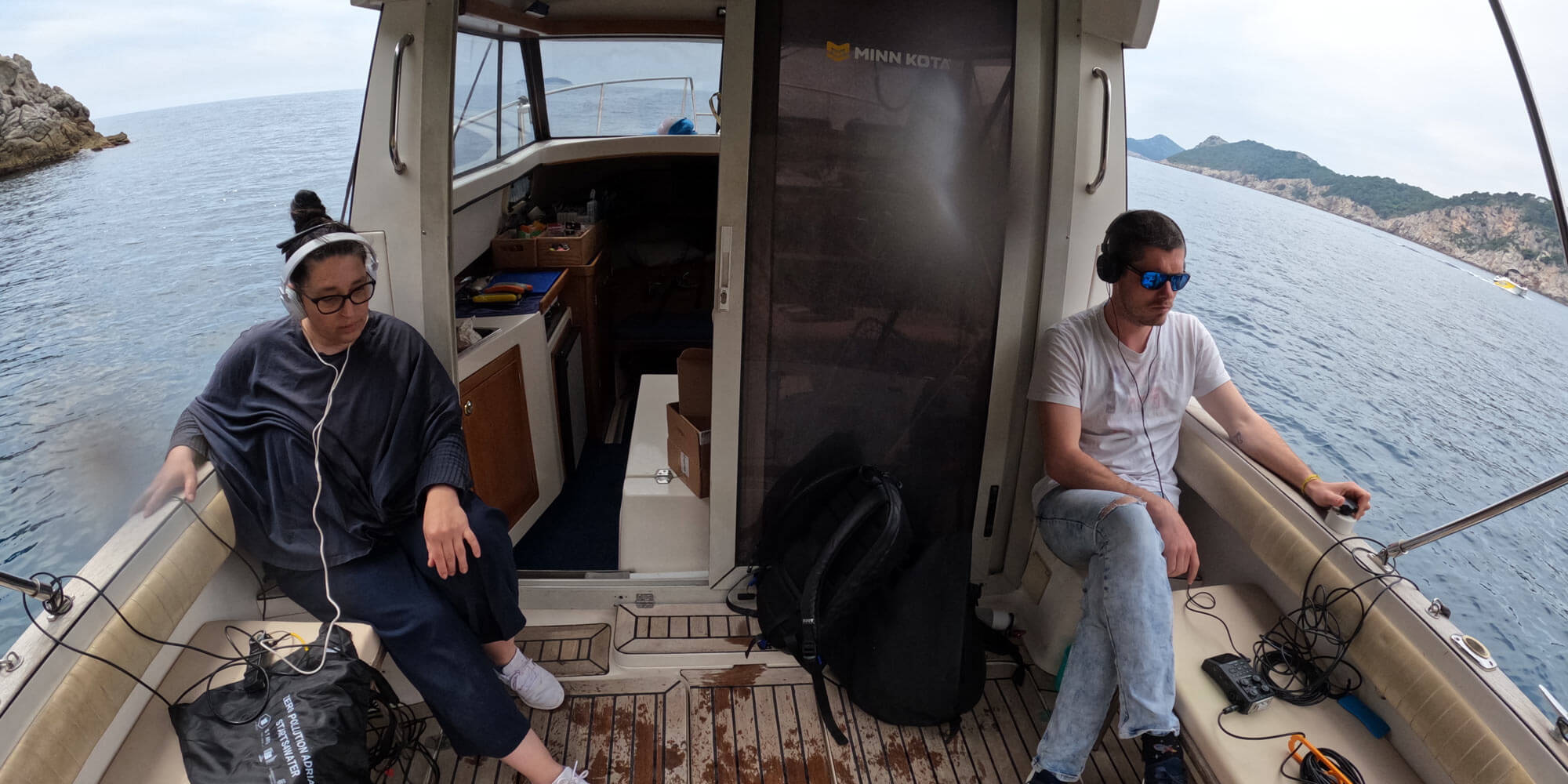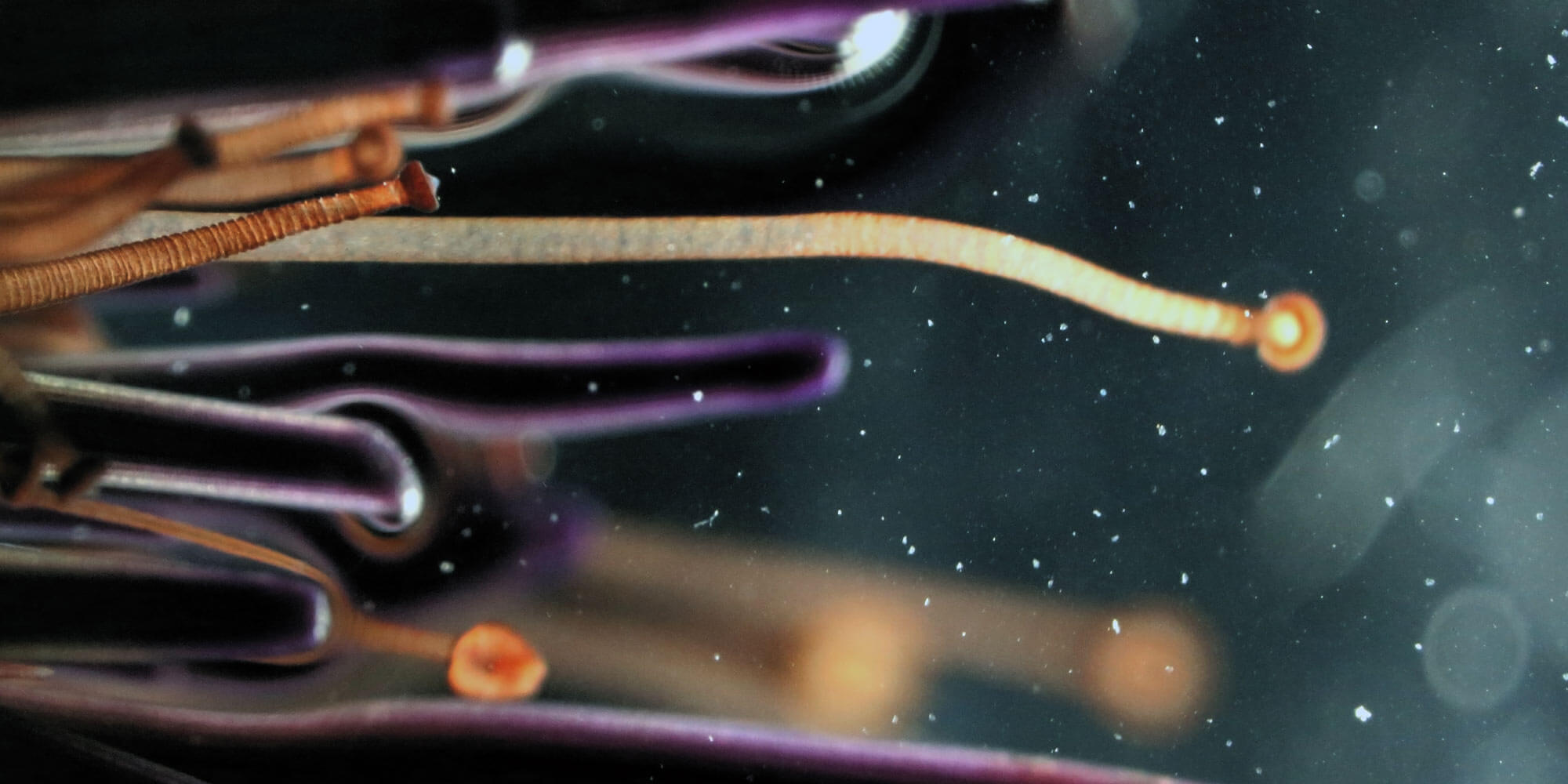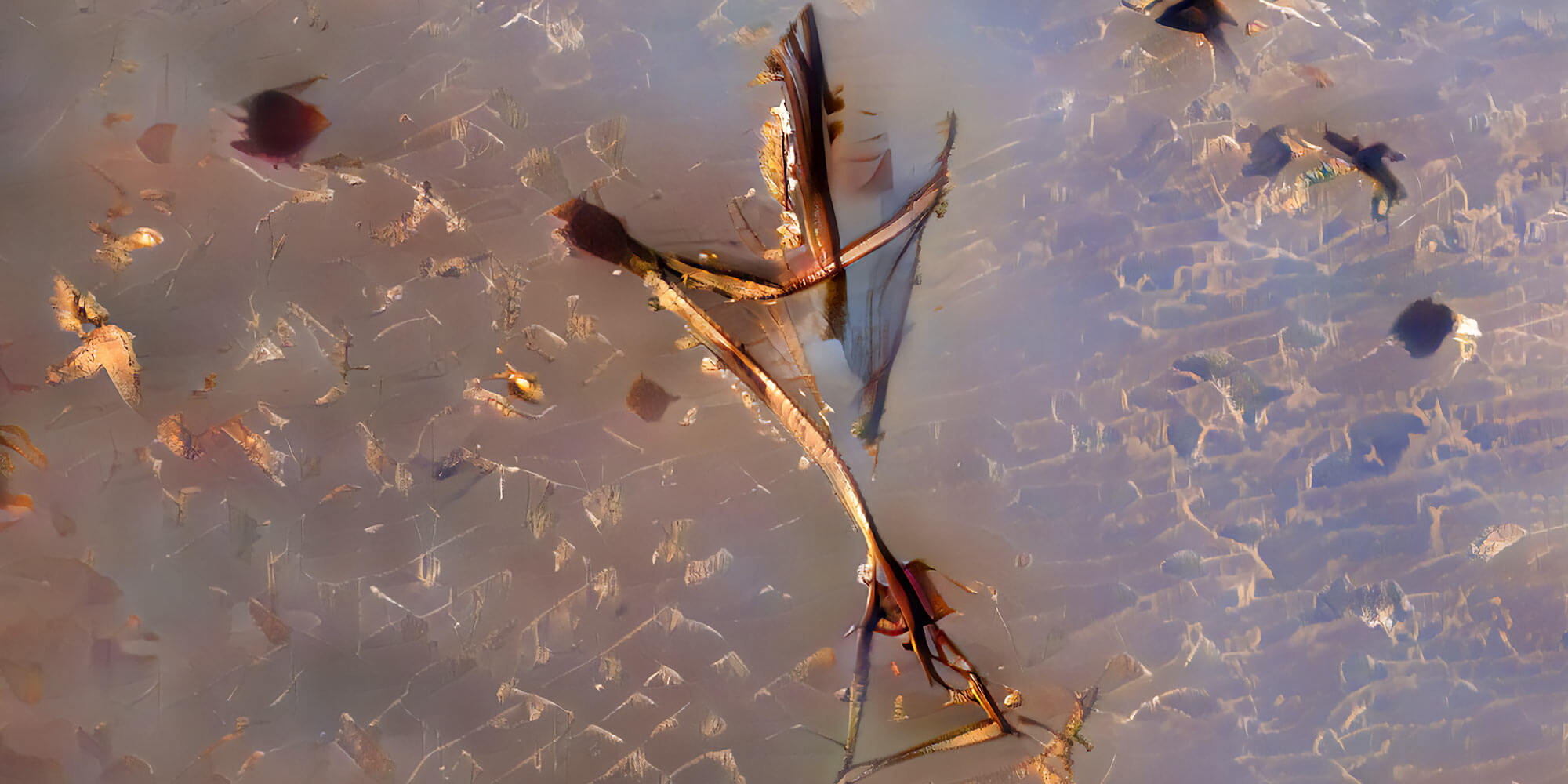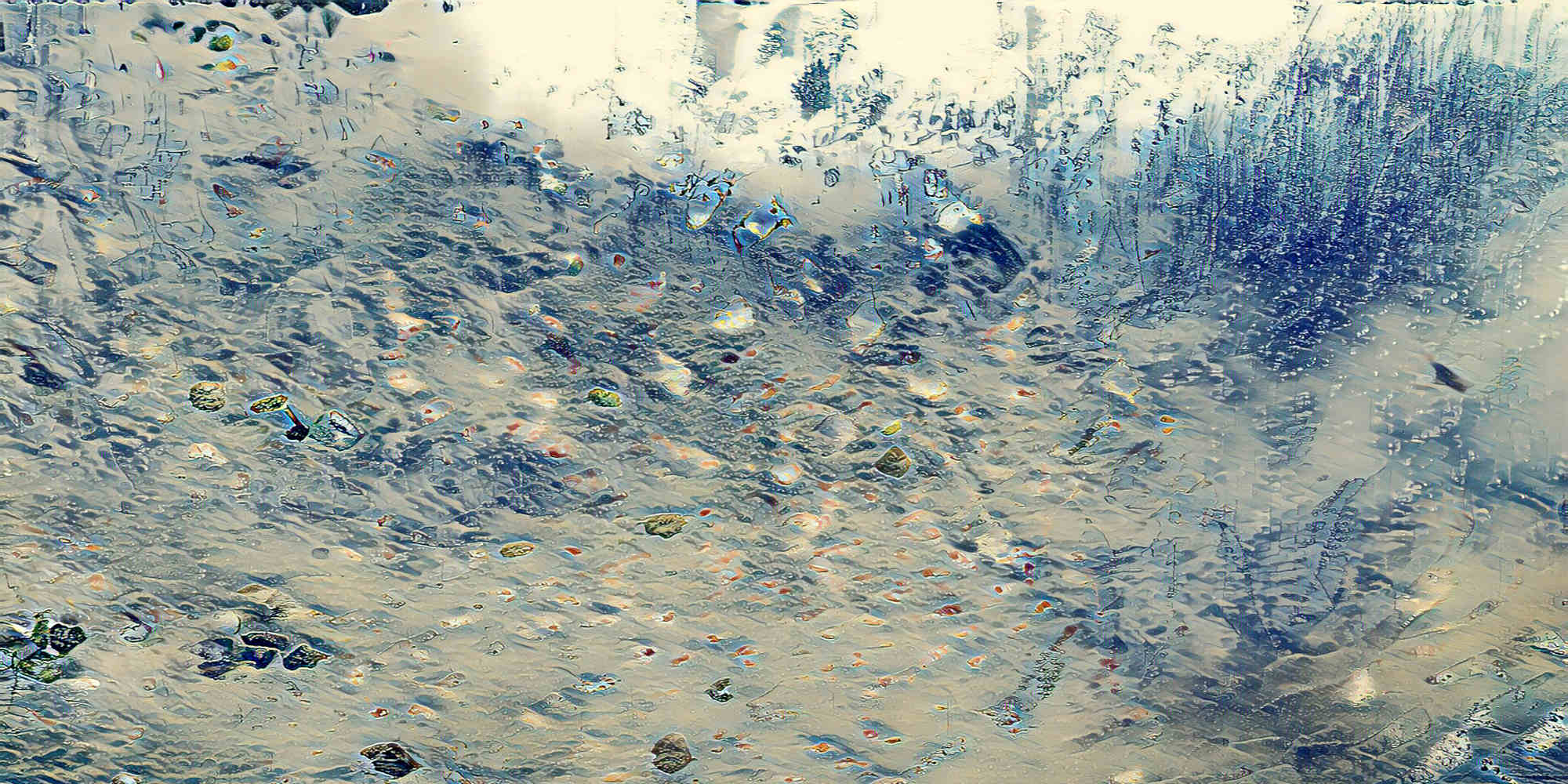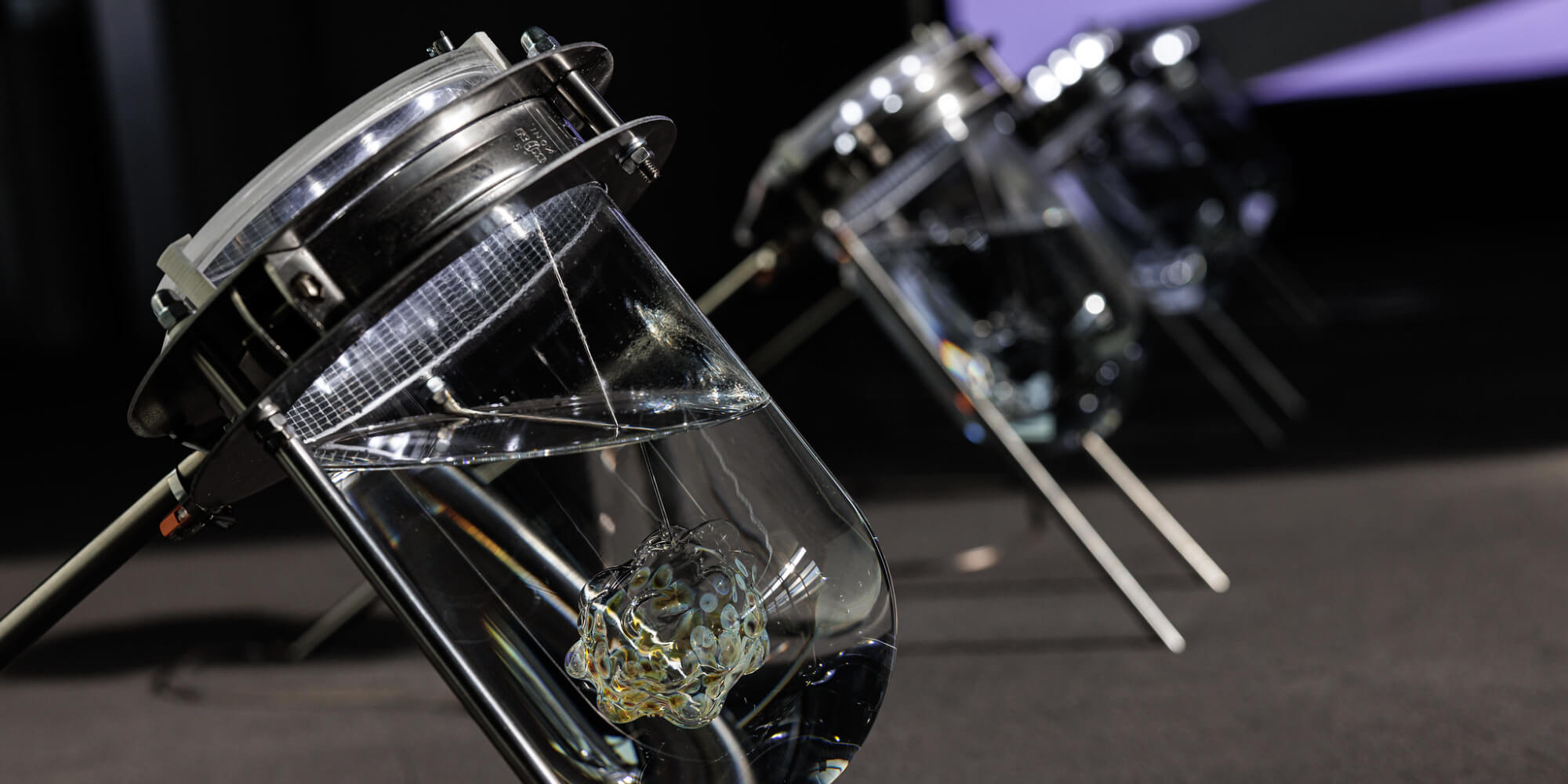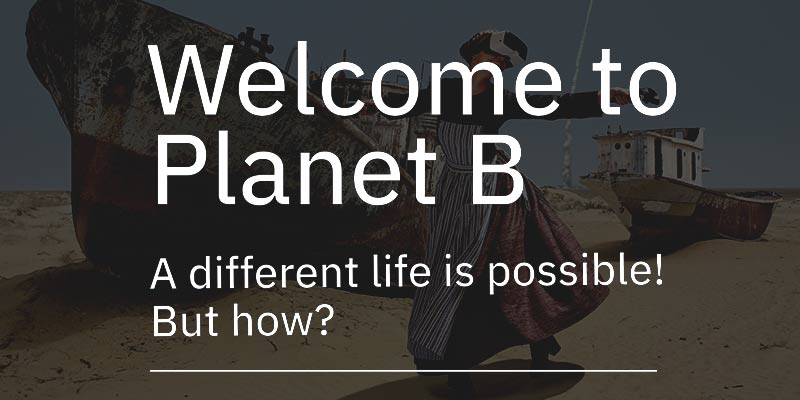Das Projekt Echinoidea Future – Adriatic Sensing befasst sich mit den aktuellen biogeologischen und morphologischen Bedingungen im Lebensraum von Seeigeln, der durch anthropogene Flüssigabfälle geprägt ist, was zu einem niedrigen Sauerstoffgehalt im Wasser führt. Das Projekt erforscht die Stressfaktoren des lokalen / globalen menschlichen Fußabdrucks und demonstriert die Widerstandsfähigkeit der aquatischen Arten.
Echinoidea Future – Adriatic Sensing fungiert als eine Aktivierung der (sy)(e)mpathia. Der Großteil der Forschungstätigkeit wurde im Rahmen der vom UR Institut initiierten Residenz Zero Pollution Adriatic als Teil von STARTS4Water durchgeführt und fand in der Küstenregion der südlichen Adria statt. Das Projekt umfasst die Kunstinstallation Echinoidea Future – Adriatic Sensing von Robertina Šebjanič, Workshops, die technologische Innovation S.M.A.R.T Urchin von Marjan Žitnik und eine ZPA-Initiative für soziale Innovation.
Biography
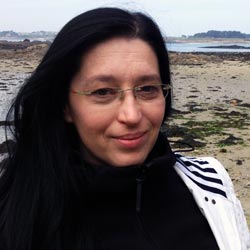 Artist/researcher Robertina Šebjanič explores the biological, geopolitical, and cultural characteristics of aquatic environments and the impact of humans on other organisms. Her projects call for the development of empathetic strategies aimed at recognizing the other (non-human) species. She received numerous awards for her work, including Prix Ars Electronica, Starts Prize and Falling Walls.
Artist/researcher Robertina Šebjanič explores the biological, geopolitical, and cultural characteristics of aquatic environments and the impact of humans on other organisms. Her projects call for the development of empathetic strategies aimed at recognizing the other (non-human) species. She received numerous awards for her work, including Prix Ars Electronica, Starts Prize and Falling Walls.Credits
Artist (concept, sound & video editing, execution): Robertina Šebjanič
Video support A.I.: Tanja Minarik
Scientific advisory: Dr. Alenka Malej, Dr. Matjaž Ličer; UR Institute: Gjino Šutić, Filip Grgurević; Institute for Marine and Coastal Research University of Dubrovnik: Dr. Marijana Hure, Dr. Valter Kozul
Production: UR Institute
Production support: Zavod Sektor, PiNA, Miha Godec, Ivanka Pasalic (Glassblowing)
David Drolc (Metal construction)
Special thanks to: Martina Gluhan, Marjan Žitnik
The Zero Pollution Adriatic was commissioned by UR Institute within the framework of STARTS4Water, funded by S+T+ARTS, an initiative of the European Commission, launched under the Horizon 2020 research and innovation program.

